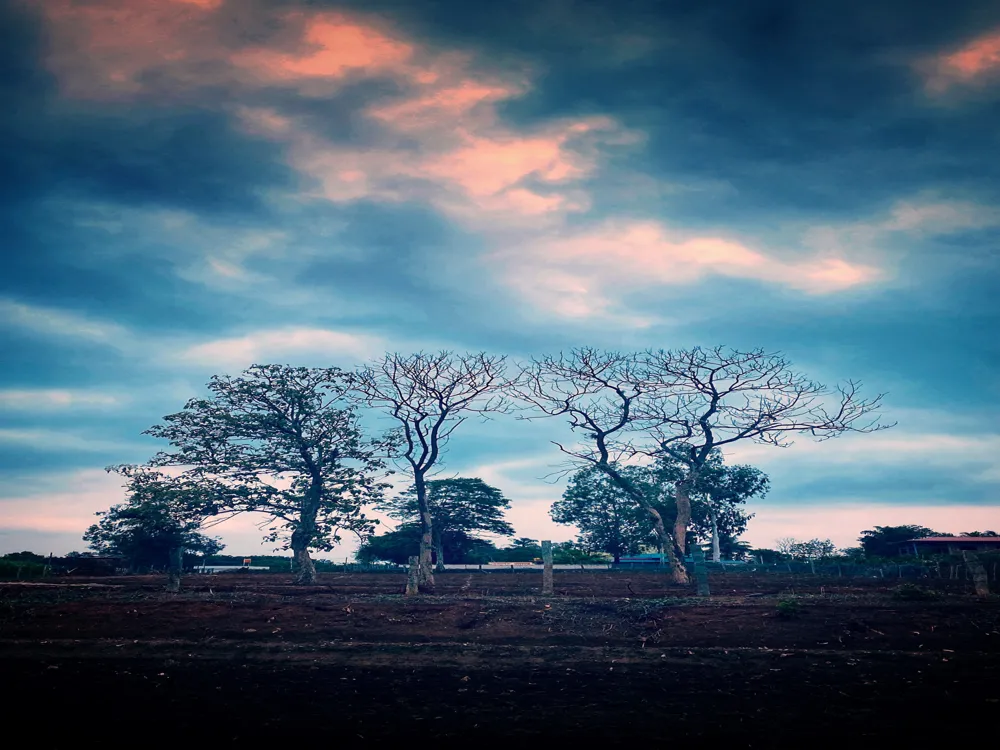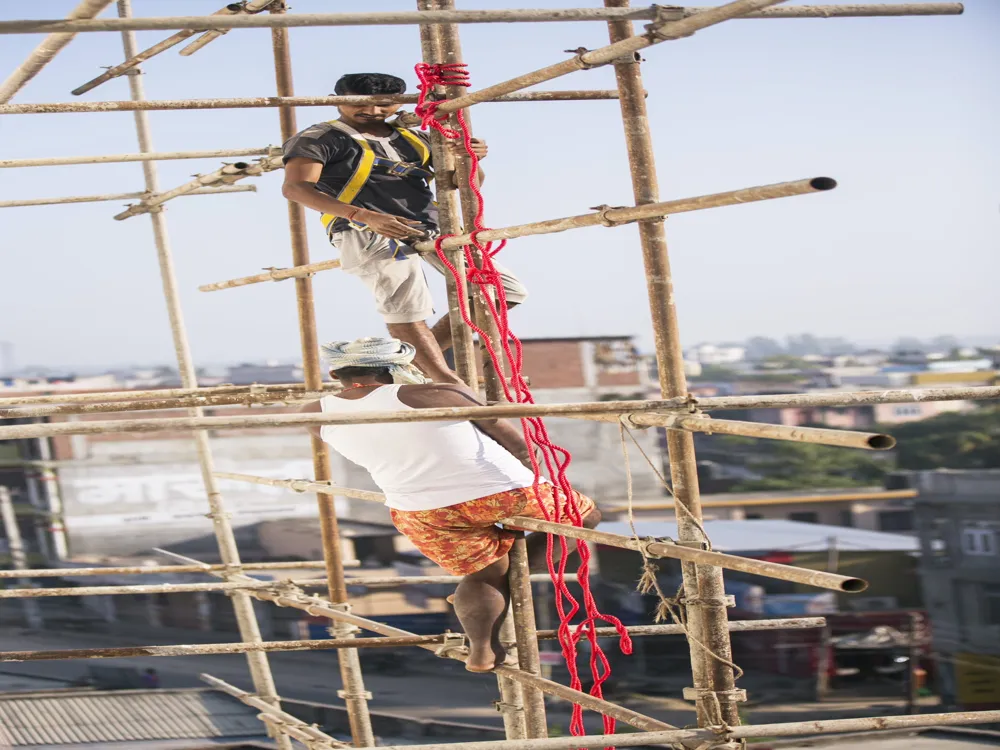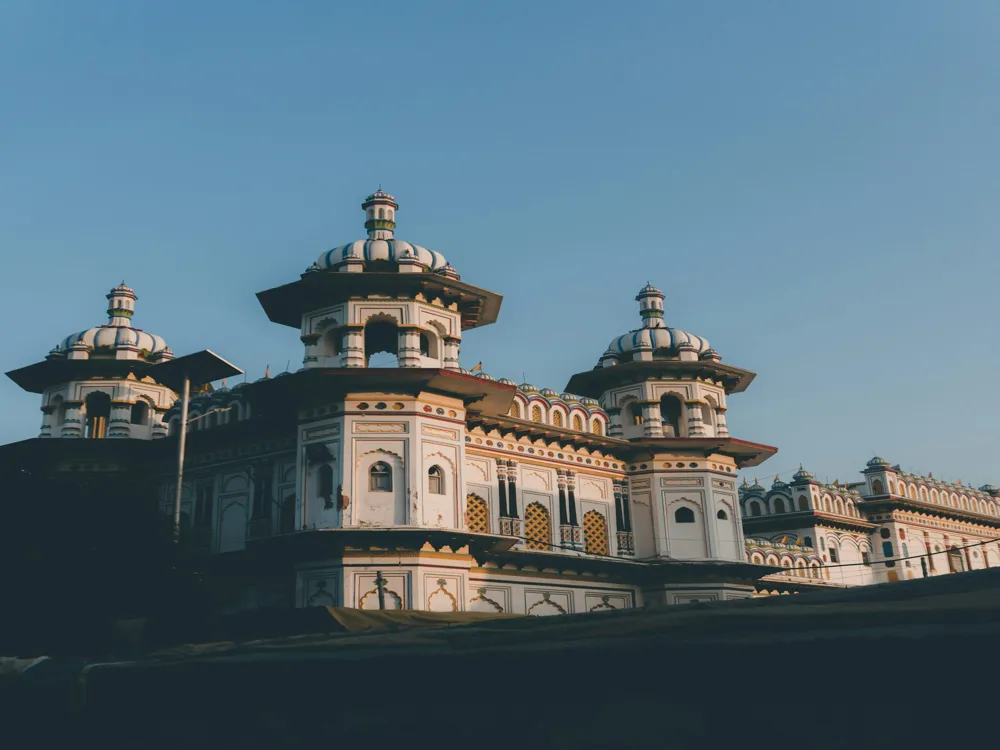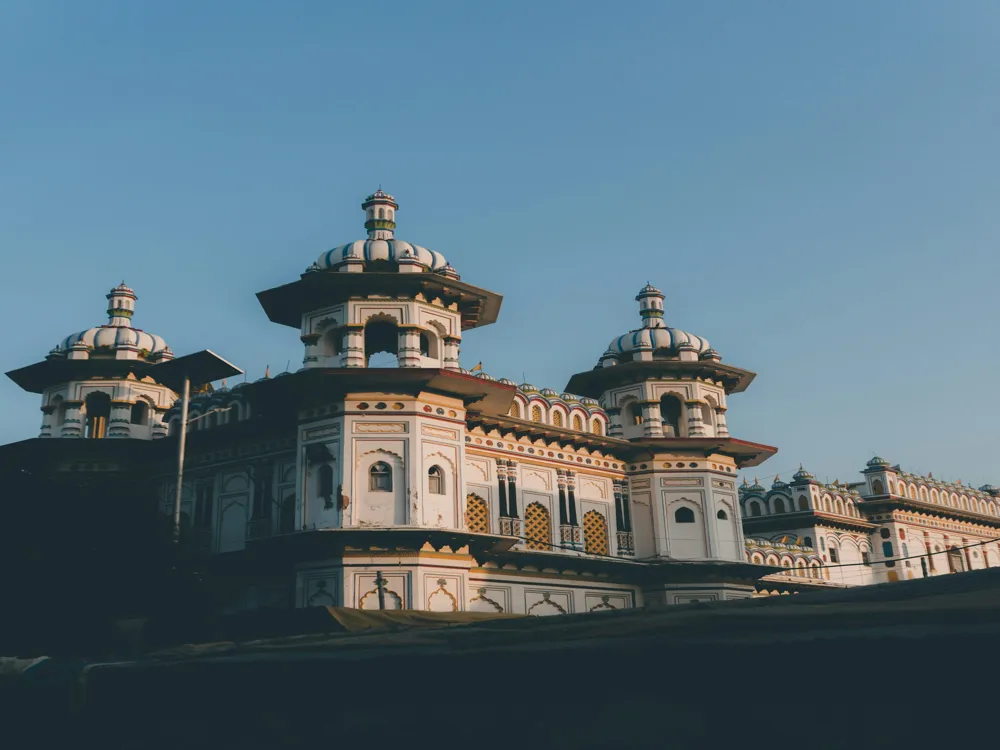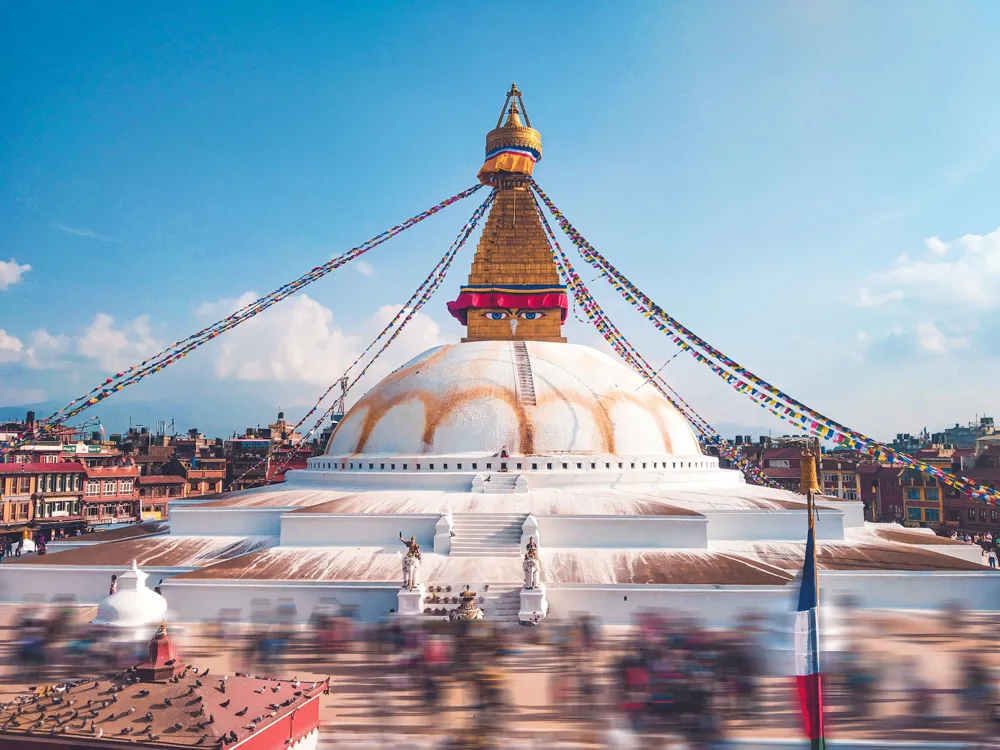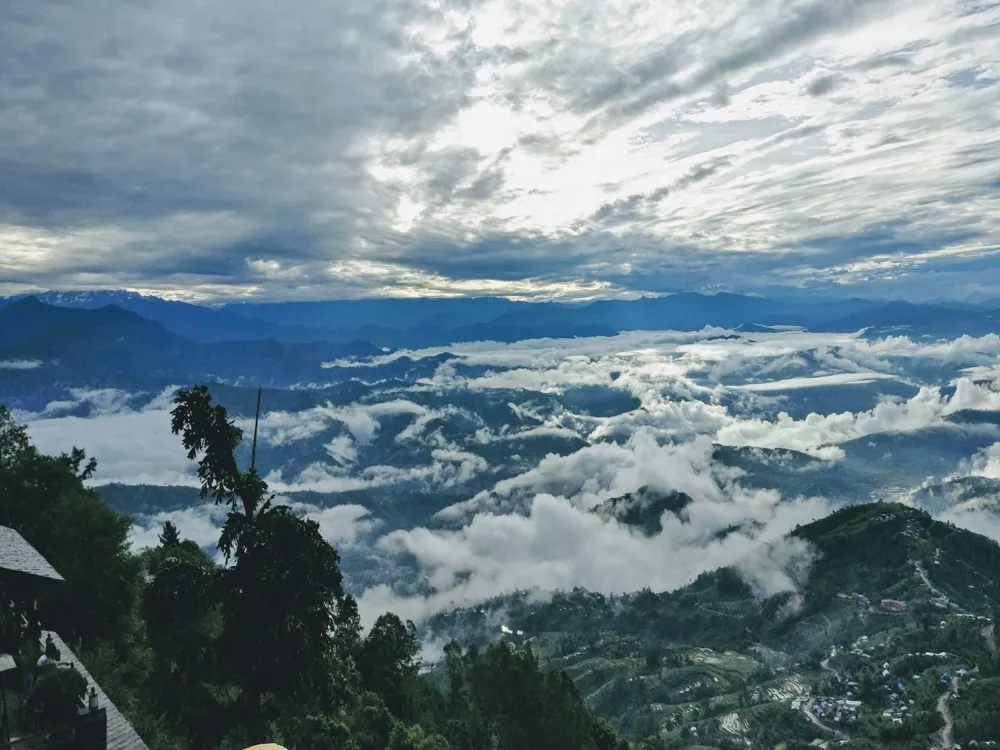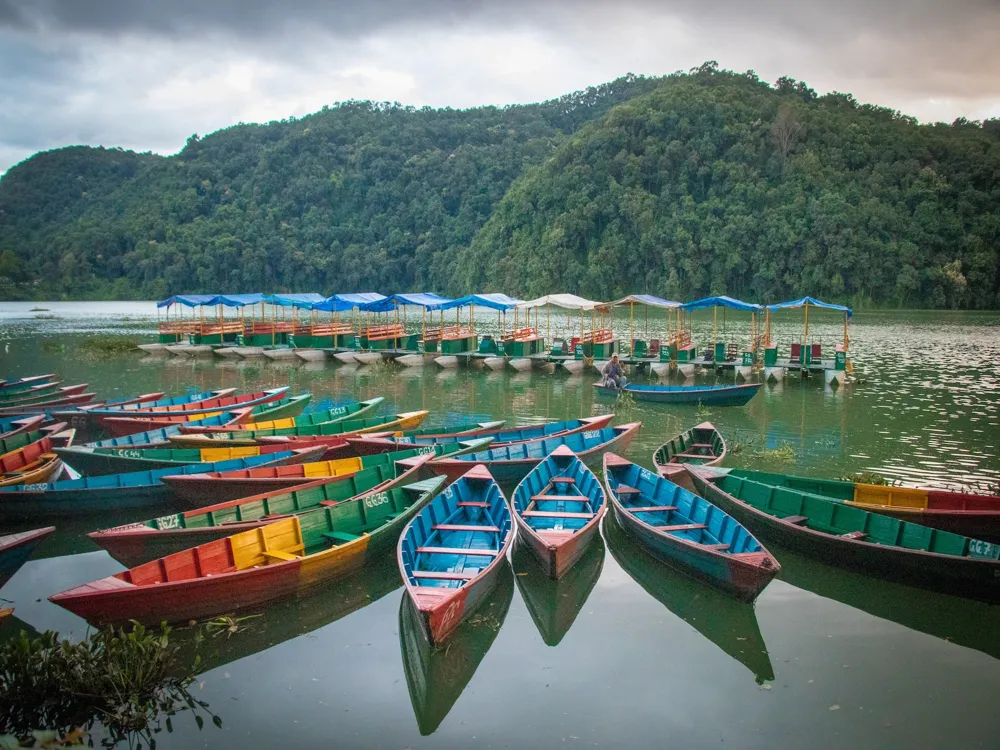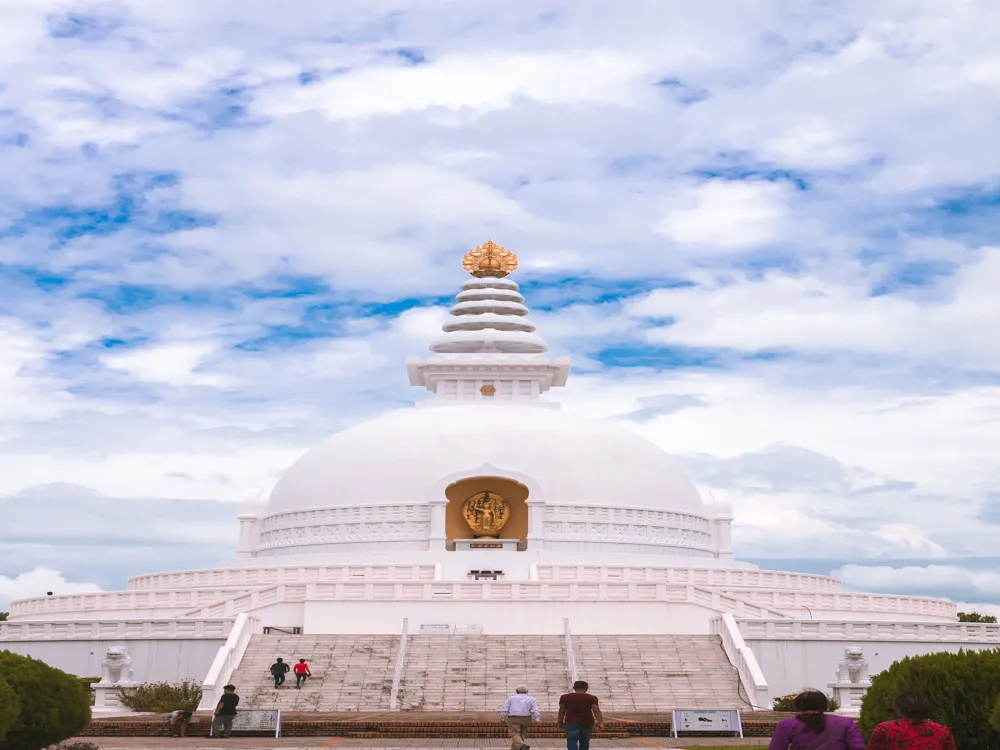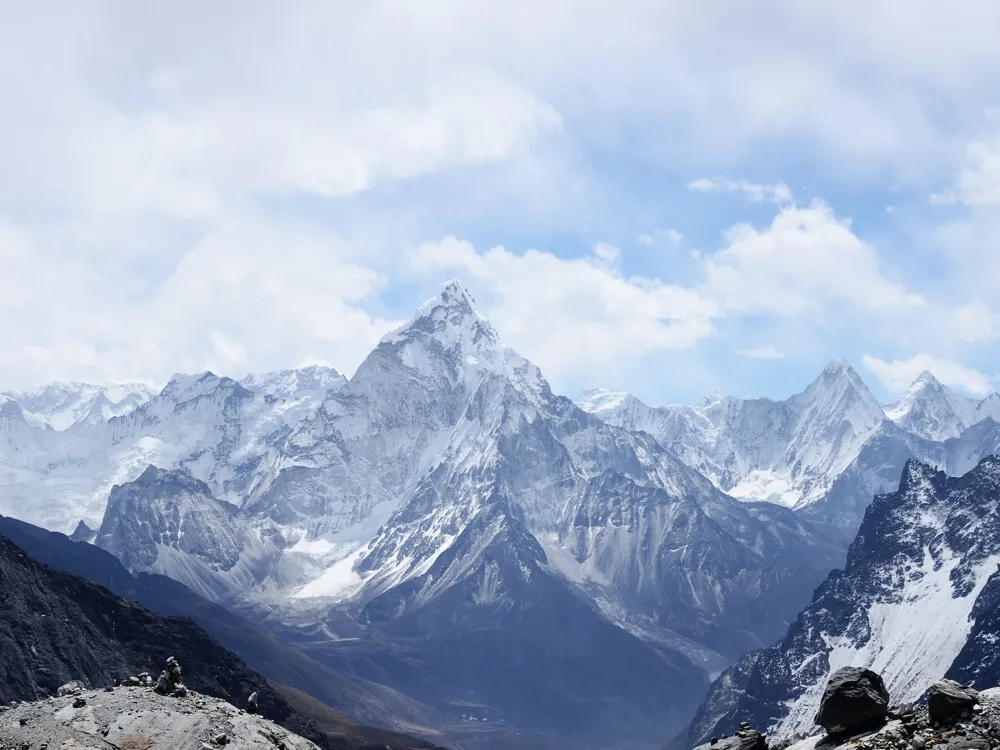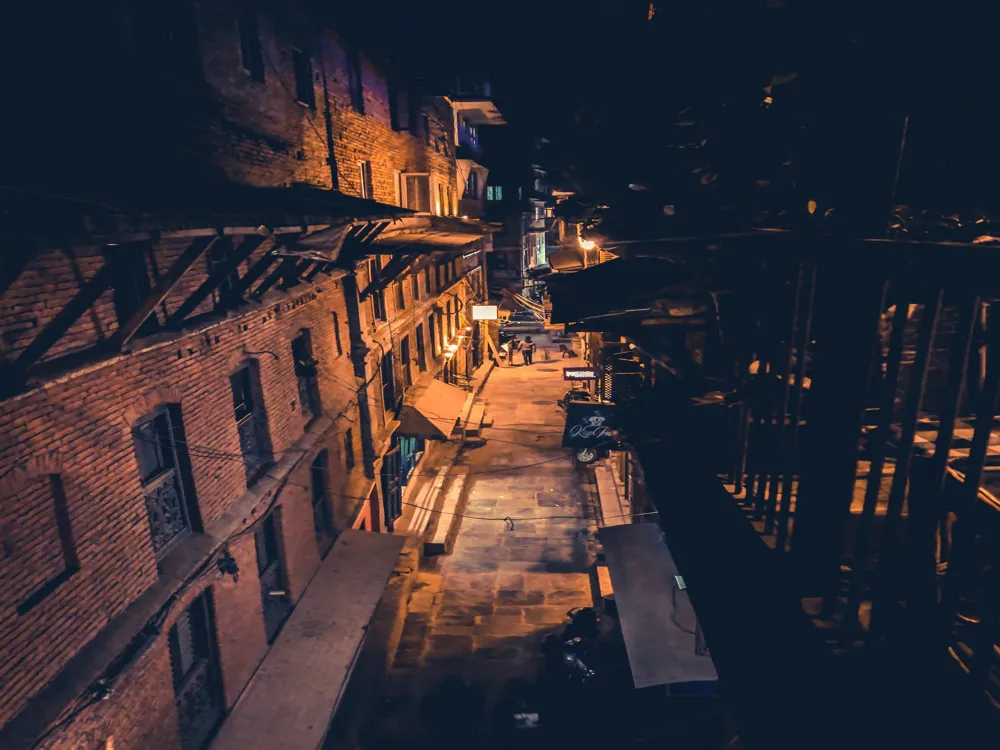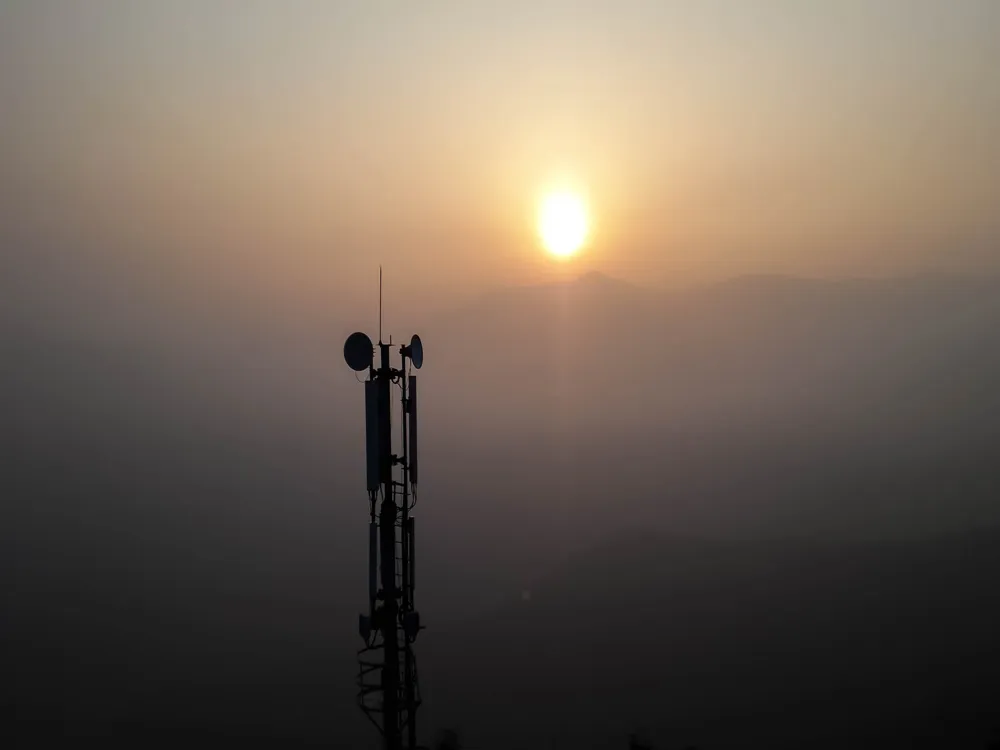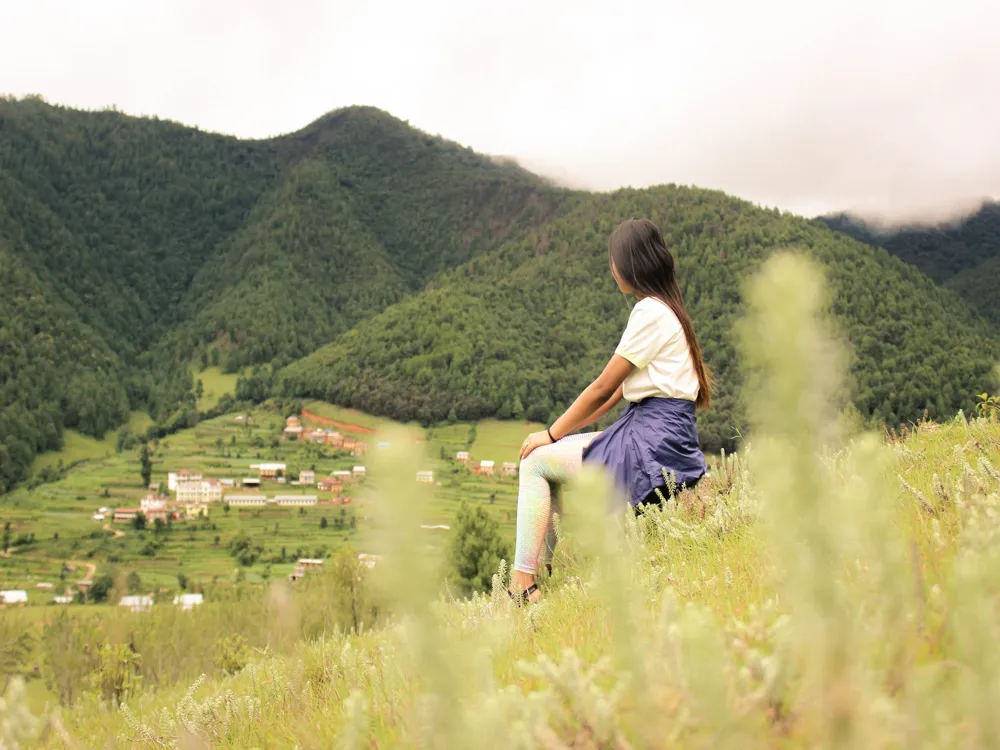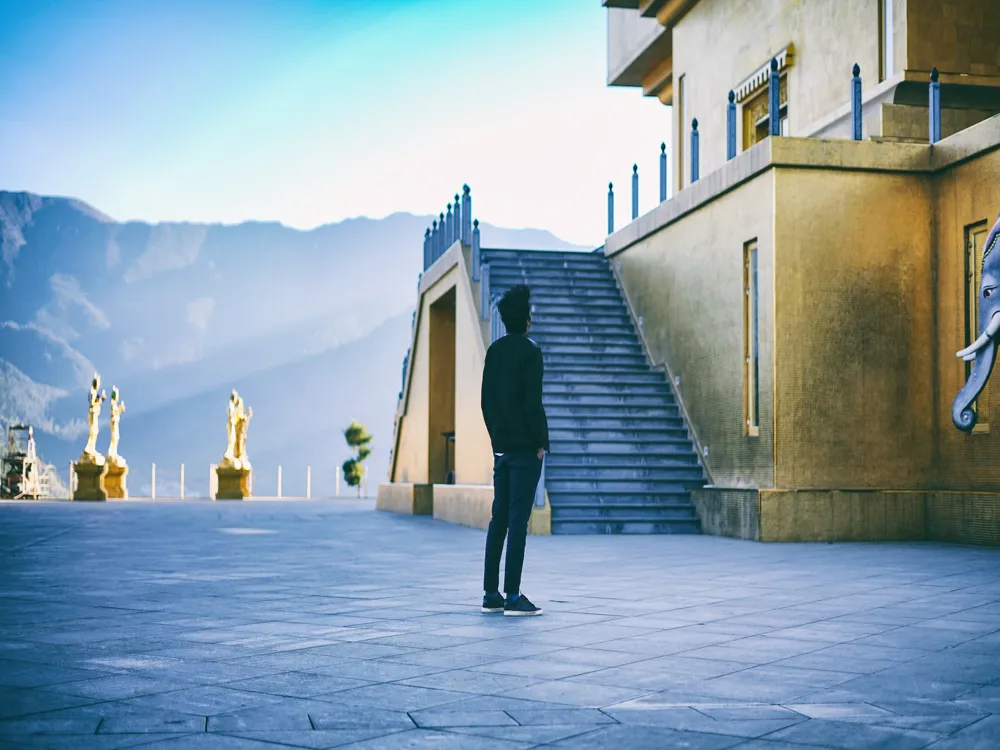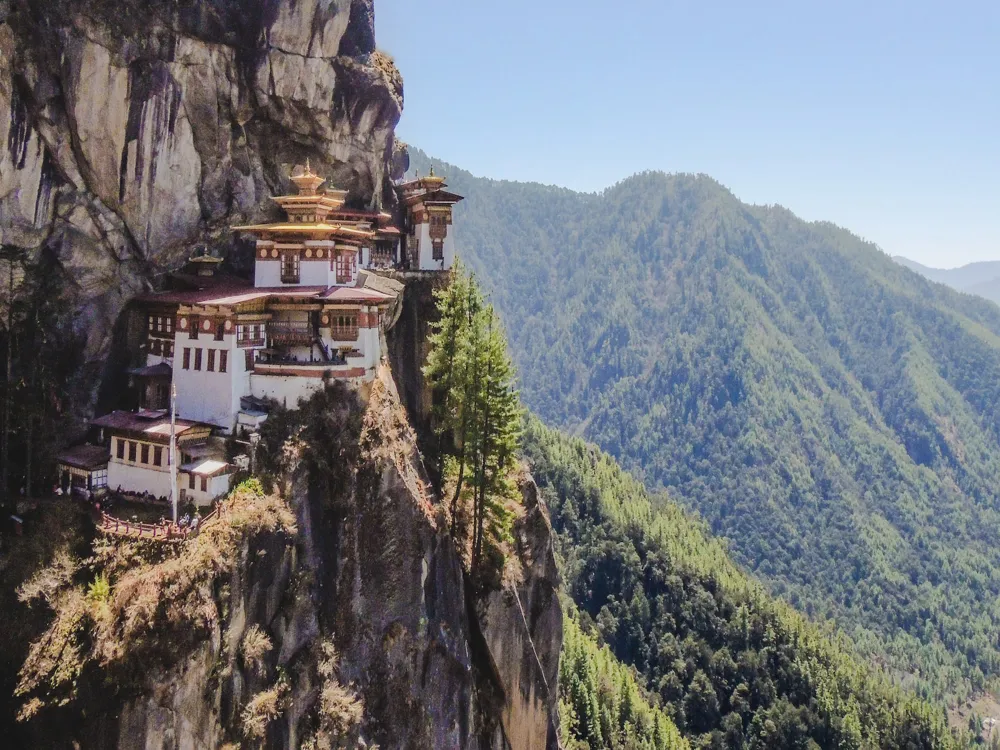Janaki Mandir, located in the heart of Janakpur in Nepal, stands as a testament to the rich cultural and historical heritage of the region. This magnificent temple, dedicated to Goddess Sita, is not just a place of religious significance but also a marvel of architectural beauty. Janaki Mandir, often referred to as the Nau Lakha Mandir (meaning 'nine lakh' temple), derives its name from the cost of its construction, which amounted to nine lakh rupees at the time of its creation in the 19th century. The temple is deeply intertwined with the epic Ramayana and is believed to be the birthplace of Goddess Sita, making it a revered site for Hindu devotees. The temple's grandeur is evident in its sprawling premises, which include vividly painted walls, intricate carvings, and a blend of classical and neo-classical architecture. The annual Vivaha Panchami festival, which celebrates the wedding of Lord Rama and Goddess Sita, attracts thousands of pilgrims from around the world, turning Janakpur into a vibrant hub of cultural festivities. This temple not only serves as a place of worship but also plays a crucial role in preserving the rich traditions and folklore of the Mithila region. The architectural grandeur of Janaki Mandir is a fine example of the fusion of Indian and Nepalese construction styles. Built in 1910 by Queen Brisabhanu Kunwari of Tikamgarh, the temple spans three stories and is constructed primarily of stone and marble. The intricate carvings and detailed workmanship on the temple's walls and pillars showcase the skills of the artisans of that era. The temple's unique blend of Mughal and Koiri domes, along with its towering shikhara (spire), makes it an architectural marvel. A striking feature of Janaki Mandir is its vibrant colors and the use of ornamental motifs, which are prominent in Mithila art. The temple complex is adorned with beautiful gardens and courtyards, adding to its serene ambiance. Each corner of the temple narrates a story from the Ramayana, depicted through exquisite paintings and sculptures. The inner sanctum houses the idols of Lord Rama and Goddess Sita, alongside other deities, and is a place of profound spiritual significance. When visiting Janaki Mandir, it is advisable to dress conservatively out of respect for the religious and cultural norms. Traditional or modest attire is preferred. Visitors should be mindful of local customs and traditions. This includes removing shoes before entering the temple premises and adhering to any specific rituals or practices observed within the temple. While photography may be allowed in certain areas of the temple, it is essential to follow any restrictions, especially in the inner sanctum or during religious ceremonies. The ideal time to visit Janaki Mandir is during the cooler months from October to March. Additionally, visiting during the Vivaha Panchami festival offers a unique cultural experience. Hiring a local guide can enhance the visit, providing deeper insights into the temple's history, architecture, and cultural significance. Janaki Mandir, situated in Janakpur, is accessible by various means of transportation. The most convenient way to reach Janakpur is by air, with the Janakpur Airport connecting the city to Kathmandu and other major cities. For those preferring land routes, regular bus services and private taxis are available from major cities like Kathmandu and Birgunj. Additionally, Janakpur is connected by a railway line to Jaynagar in India, offering an alternative for international visitors. Read More:Overview of Janaki Mandir
Architecture of Janaki Mandir
Tips When Visiting Janaki Mandir
Dress Appropriately
Respect Local Customs
Photography Guidelines
Best Time to Visit
Local Guides
How To Reach Janaki Mandir
Janaki Mandir
Janakpur
NaN onwards
View janakpur Packages
Weather :
Tags : Temple
Timings : 5:30 AM - 11:00 PM and 4:00 PM - 8:30 PM
Entry Fee : No entry fee
Planning a Trip? Ask Your Question
Also Refered As:
Janaki Temple
Janakpur Travel Packages
View All Packages For Janakpur
Top Hotel Collections for Janakpur

Private Pool

Luxury Hotels

5-Star Hotels

Pet Friendly
Top Hotels Near Janakpur
Other Top Ranking Places In Janakpur
View All Places To Visit In janakpur
View janakpur Packages
Weather :
Tags : Temple
Timings : 5:30 AM - 11:00 PM and 4:00 PM - 8:30 PM
Entry Fee : No entry fee
Planning a Trip? Ask Your Question
Also Refered As:
Janaki Temple
Janakpur Travel Packages
View All Packages For Janakpur
Top Hotel Collections for Janakpur

Private Pool

Luxury Hotels

5-Star Hotels

Pet Friendly







